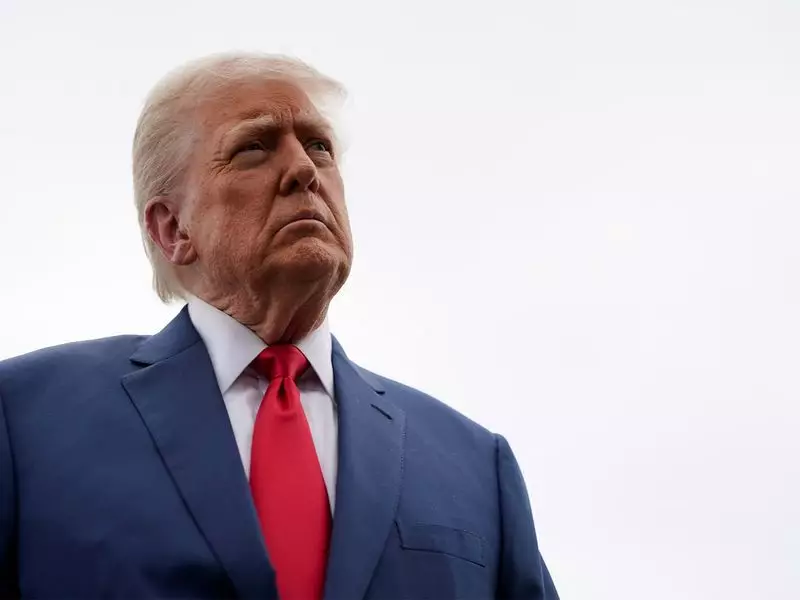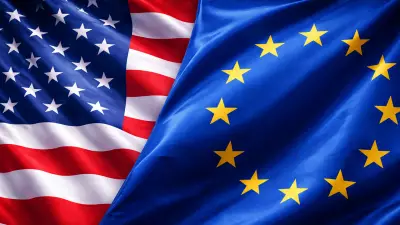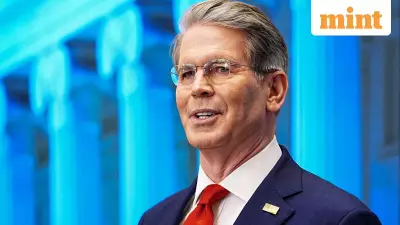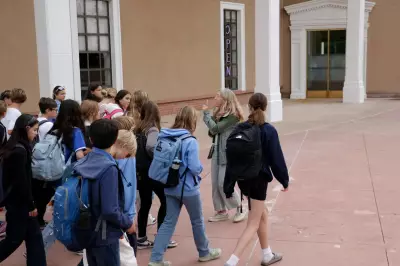
Former US President Donald Trump has once again made headlines with his unconventional diplomatic claims, asserting that his administration successfully used tariff threats as leverage to mediate conflicts between India and Pakistan.
The Tariff Diplomacy Revelation
During a recent public appearance, Trump reiterated his controversial stance that economic pressure through potential tariffs provided the necessary leverage to facilitate dialogue between the two nuclear-armed South Asian neighbors. "It did work with India and Pakistan," Trump stated emphatically, standing by his previously disputed claims about mediating one of the world's most complex geopolitical relationships.
Context of India-Pakistan Tensions
The relationship between India and Pakistan has been historically strained, with multiple conflicts since their independence in 1947. The primary flashpoints have included:
- The longstanding Kashmir territorial dispute
- Cross-border terrorism concerns
- Water sharing disagreements
- Historical military confrontations
Trump's claims suggest his administration found an innovative approach to break through decades of diplomatic stalemate.
Economic Leverage in Modern Diplomacy
The former president's comments highlight his distinctive approach to international relations, where economic tools like tariffs become primary instruments of foreign policy rather than traditional diplomatic channels. This method, according to Trump, proved effective where conventional diplomacy had repeatedly failed.
Regional Implications
While Trump maintains his tariff strategy produced results, regional experts remain skeptical about the actual impact and sustainability of such approaches. The complex historical, religious, and political dimensions of India-Pakistan relations require nuanced handling that may not align with transactional diplomatic methods.
The revelation continues to spark debate among foreign policy analysts about the role of economic pressure in resolving deep-rooted international conflicts and whether such approaches can yield lasting solutions or merely temporary respites in longstanding disputes.





